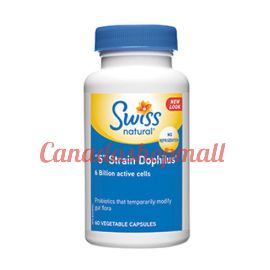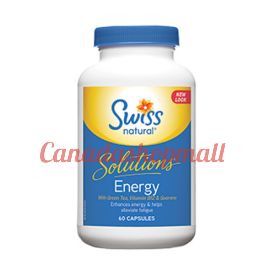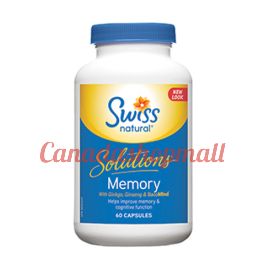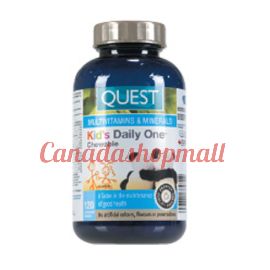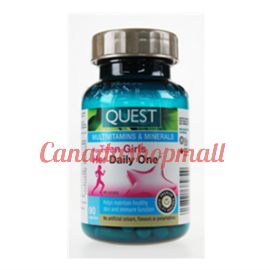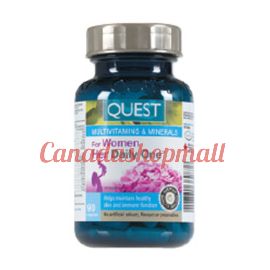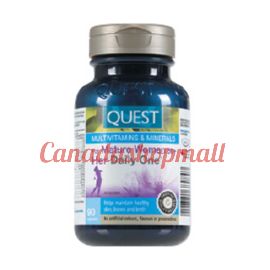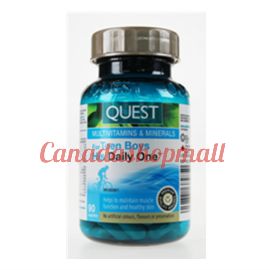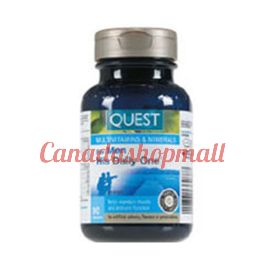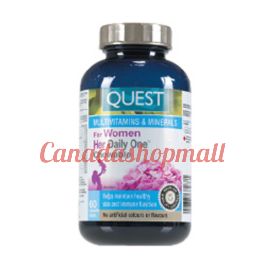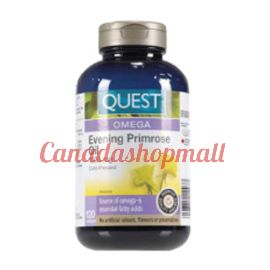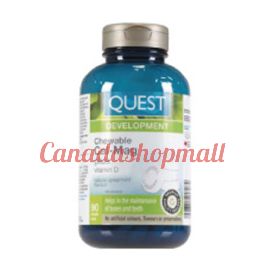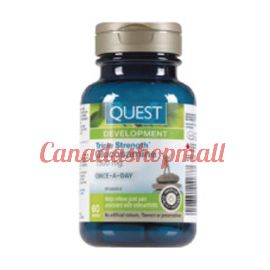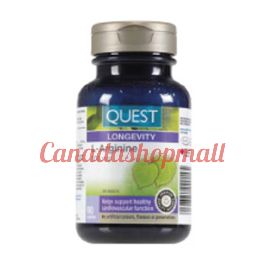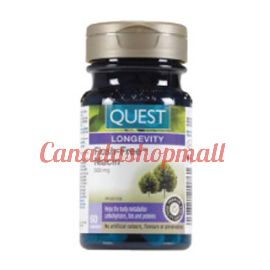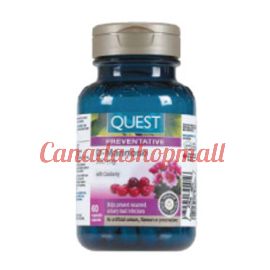We use cookies to make your experience better. To comply with the new e-Privacy directive, we need to ask for your consent to set the cookies. Learn more.
Quest Synergistic Zinc 20mg 90capsules
$15.49
In stock
SKU
Quest Synergistic Zinc 20mg 90capsules
Quest Synergistic Zinc 20 mg is a high-quality zinc supplement that includes copper and beta carotene to ensure the bioavailability and bioactivity of zinc. Soil defi ciency of zinc is widespread in North America, often resulting in defi ciency in the diet. Zinc is essential for many physiological processes, including growth and development, reproductive health, wound healing, and the immune system.
HEALTH SOLUTIONS:
RECOMMENDED USE: A factor in the maintenance of good health. Helps to maintain healthy skin and immune function. Helps in tissue formation. Helps the body metabolize carbohydrates, fats and proteins
DOSAGE FORM: Capsules
RECOMMENDATIONS: Adults take 1 capsule daily with food. Take a few hours before or after taking medication.
DESCRIPTION: Each easy-to-swallow capsule of Quest Synergistic Zinc contains 20 mg of zinc (HVP* chelate), 1 mg of copper (HVP* chelate), and 5,000 IU of beta carotene (provitamin A). This product contains no artificial preservatives, colours, flavours, or dairy, egg, gluten, shellfish or sulfites. *HVP = hydrolyzed vegetable protein.
Recommended Daily Allowance: Dosage of each nutrient varies, depending on age.
Food Sources: Zinc: Oysters and other shellfi sh, fi sh, red meat, dark meat of poultry, whole grains, legumes, nuts and seeds. Copper: Organ meats, shellfi sh, nuts and seeds, whole grains. Beta Carotene: Orange/red fruits and vegetables such as carrots, winter squash, sweet potatoes, beets, tomatoes, peaches, cantaloupe, and dark green leafy vegetables such as spinach, collards.
Causes of Defi ciency: Zinc: Poor diet, excess fibre, excess phytic acid from a diet high in legumes and whole grains, Crohn’s disease. Copper: Malabsorption syndromes, celiac disease, cystic fibrosis. Beta Carotene: Lack of fruits and vegetables in the diet.
Symptoms of Defi ciency: Zinc: Susceptibility to infection, slow wound healing, diminished appetite, impaired sense of taste and smell, impaired night vision. Copper: Anemia unresponsive to iron, osteoporosis. Beta Carotene: Oxidative damage such as premature aging, cataracts.
Complementary Nutrients: Zinc: A healthy diet. Copper: A healthy diet. Beta Carotene: Preformed vitamin A, bioflavonoids, fats in the diet.
HOW IT WORKS:
Zinc and copper compete for absorption in the digestive tract, and therefore both are provided in this formula in a carefully balanced ratio to maintain physiological requirements. Beta carotene depends on zinc for absorption and also enhances zinc absorption. The combination in this formula makes both zinc and beta carotene highly assimilable. Zinc: Zinc functions as a cofactor in over 20 enzymatic reactions. This mineral plays a role in insulin activity, protein and DNA synthesis, taste and smell, wound healing, the maintenance of normal vitamin A levels, bone structure, and the immune system. Copper: Copper is required for normal infant development, red and white blood cell maturation, iron transport, bone strength, cholesterol metabolism, myocardial contractility, glucose metabolism, brain development, and immune function. Beta Carotene: A precursor to vitamin A and an antioxidant.
DID YOU KNOW…
Zinc is found in every cell of the body and is a component in over 200 enzymes. In fact, zinc functions in more enzymatic reactions than any other nutrient
RESEARCH:
Extensive scientific research supports the efficacy of zinc supplementation. According to the findings of a review of 10 randomized, controlled studies in the developing world, supplementation with zinc reduced the incidence of childhood pneumonia by 41% and the incidence of diarrhea in children by 25%. In this review analysis, zinc was found to be more effective than any other treatment for childhood pneumonia and was said to equal most other effective interventions for diarrhea in these populations. The diarrheas studied were related to diminished immune competence and high rates of exposure to infectious diseases.
SIDE EFFECTS: Generally well tolerated at recommended dosage. High doses may cause adverse reactions. The most common adverse reactions are gastrointestinal and include nausea, vomiting, and gastrointestinal discomfort. Other adverse reactions include a metallic taste, headache, and drowsiness. Amounts over 150 mg per day may cause toxicity.
INTERACTIONS AND SAFETY CONSIDERATIONS: Consult a health care practitioner before use if you have a medical condition, or if you are taking any medications.
OTHER CONSIDERATIONS: Consult a health care practitioner before use if you are pregnant or breastfeeding. Keep out of reach of children.
Write Your Own Review
Related Products
Recommended For You
Check items to add to the cart or

